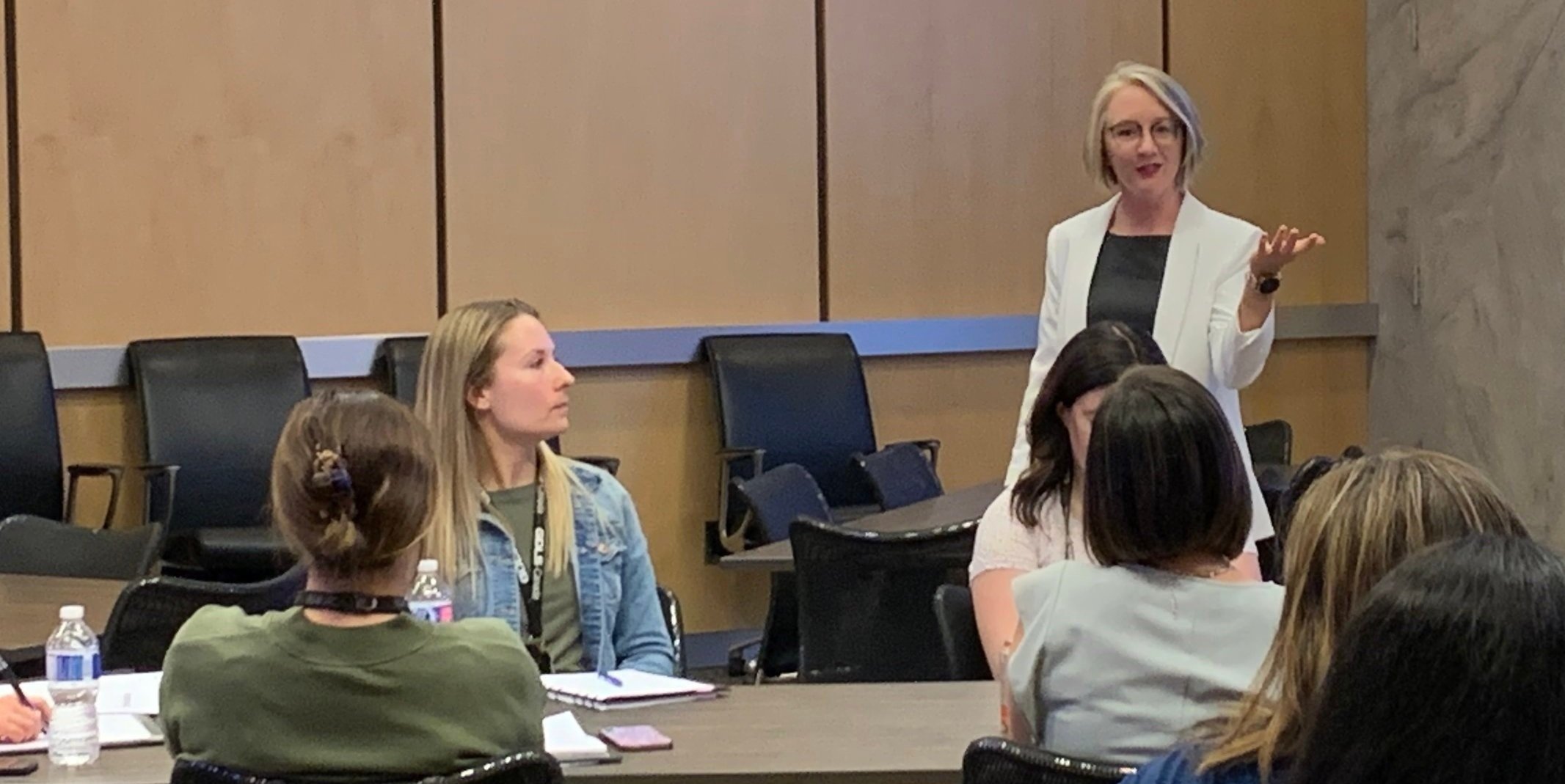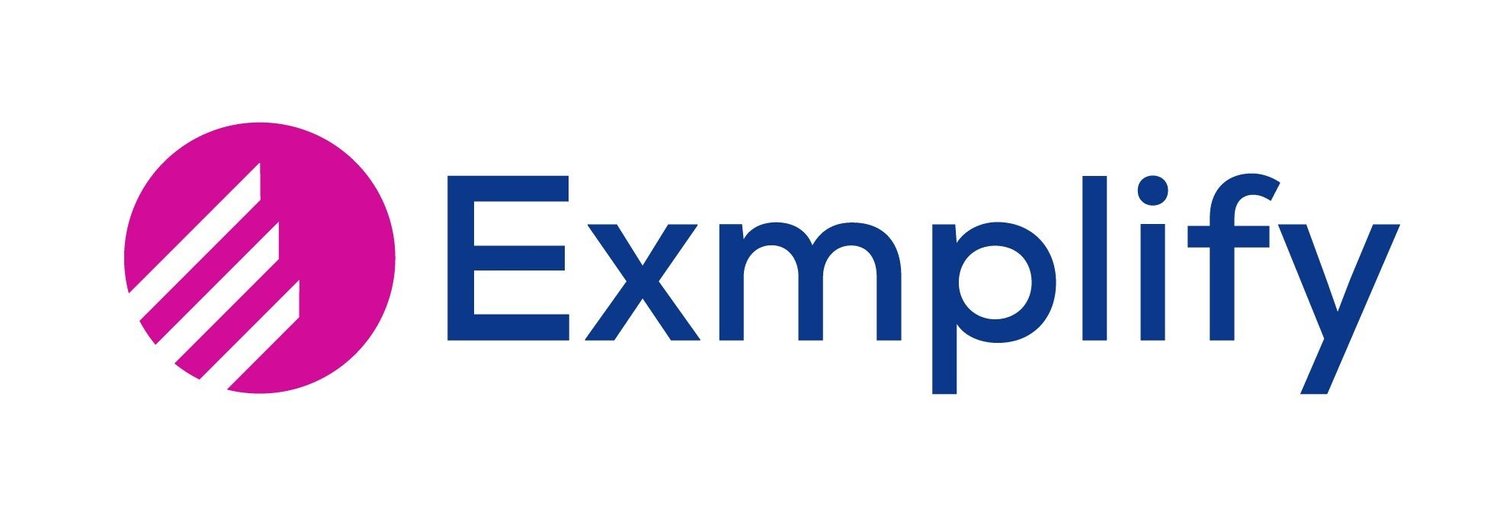
Leadership Workshops
Conventional leadership training fails women.
In Canada, women represent 47% of the workforce but only 25% of senior leaders and 8% of executives.
However, when rated by people who work with them, women at every level outscore men on almost every leadership competency.
What explains this contradiction between women’s skills and their actual influence?
Women are over-trained on soft skills.
Women rank higher than men in most leadership skills such as initiative, self-development, and coaching others.
But conventional leadership training was designed based on research conducted on the best leaders - most of whom were men. What distinguished average male leaders from exceptional ones were typically soft skills.
As a result, many women are coached to deepen already-strong soft skills while neglecting critical career skills fostered in most male leaders: Business, Strategic, and Financial acumen.
Work advancement is determined primarily by business acumen.
Business, Strategic and Financial acumen are TABLE STAKES for career advancement. However, when it comes to business acumen, women:
Receive less training, mentorship, and direct support;
Are assumed by default to have less acumen than men (an assumption made by both men and women);
Convey their acumen using communication styles misaligned with the communication styles of power brokers and career gatekeepers such as executives and hiring managers;
Lack the strategic relationships that foster acumen.

Interactive workshops
Our workshops provide practical tools to help women reduce stress, achieve business outcomes, and advance in their career.
Equip women to adapt their actions and words at work to achieve extraordinary business and career results
Enable male executives to deliver consistent mentorship and coaching to both men and women in their organization.
Workshop content leverages the research and best practices of leadership expert and author Susan Colantuono.
Who should attend
Early to mid-career professionals seeking recognition, increased responsibility, or advancement at work.
Racialized, LGBTQ employees and other under-represented groups who want to thrive and advance at work.
People managers who want to bring out the best in their female and female-identifying team members.
Men in senior roles who coach team members and mentor employees outside their workgroups.
Our Approach
Curriculum, Coaching, and Consulting
Workshop format
Conducted in-person or online, workshops combine classroom-style content delivery, coaching sessions that help participants apply the principles to real-life scenarios, and consulting on best practices to the HR and senior management teams.
Workshops include:
Anonymous pre-and post-assessments
Curriculum delivery via lecture, group discussion, and Q&A
Interactive exercises to support participant knowledge
Partner learning with peers
Practical tools and templates participants can take away and use in their day-to-day roles
Reporting on anonymous assessment results
What these workshops do NOT offer
Soft skills such as Emotional Intelligence, empathy or coaching, although those are important leadership skills
Demonizing men or men’s accomplishments. The goalis to help everyone thrive, not denigrate others’ success.
Theory. This is a practical program that teaches bestpractices for real work situations.
Passive Learning. To get value out of these workshops, participants must come ready to participate.
Placing all the onus on women. The program does not blame women for challenges they faced in their careers to date. Rather, these workshops equip women to thrive at work despite systemic barriers and equips men in leadership positions to recognize and address unconscious behaviours that unnecessarily hold women back.
Driving results for women* and for organizations
Consider the impact on your organization’s cash, growth, efficiency, and customer satisfaction if:
Every employee executed her current role to her full potential
High potential women chose to stay rather than quitting or leaving for other opportunities
Employees currently experiencing burnout were able to deliver even better results while reducing work-related stress
Employees felt equipped to thrive at work.
It is possible to help humble, high-achieving, hard-working professionals succeed at work.
* The term “women” describes people socialized as women, who identify as female, and/or are perceived as having traditionally feminine traits.
